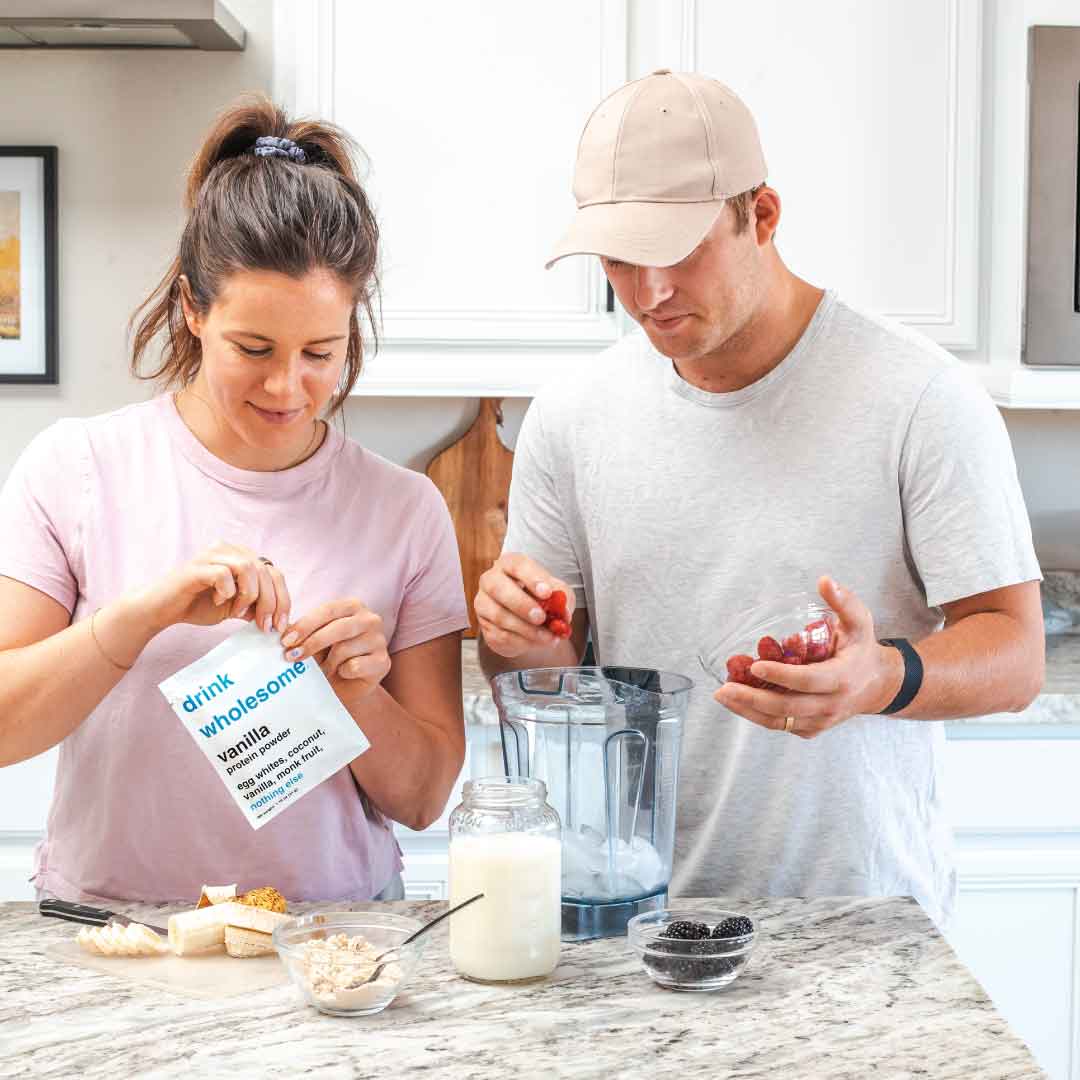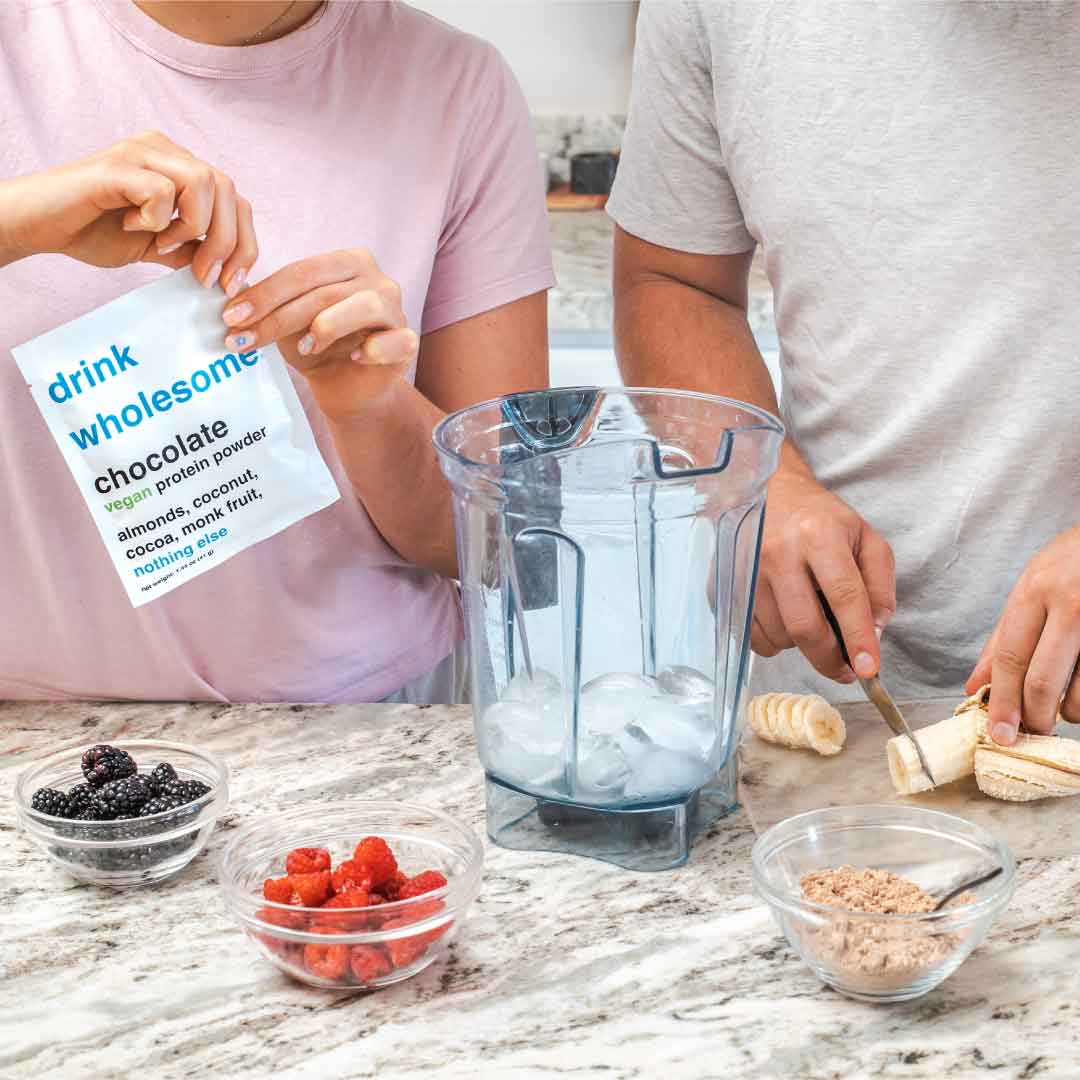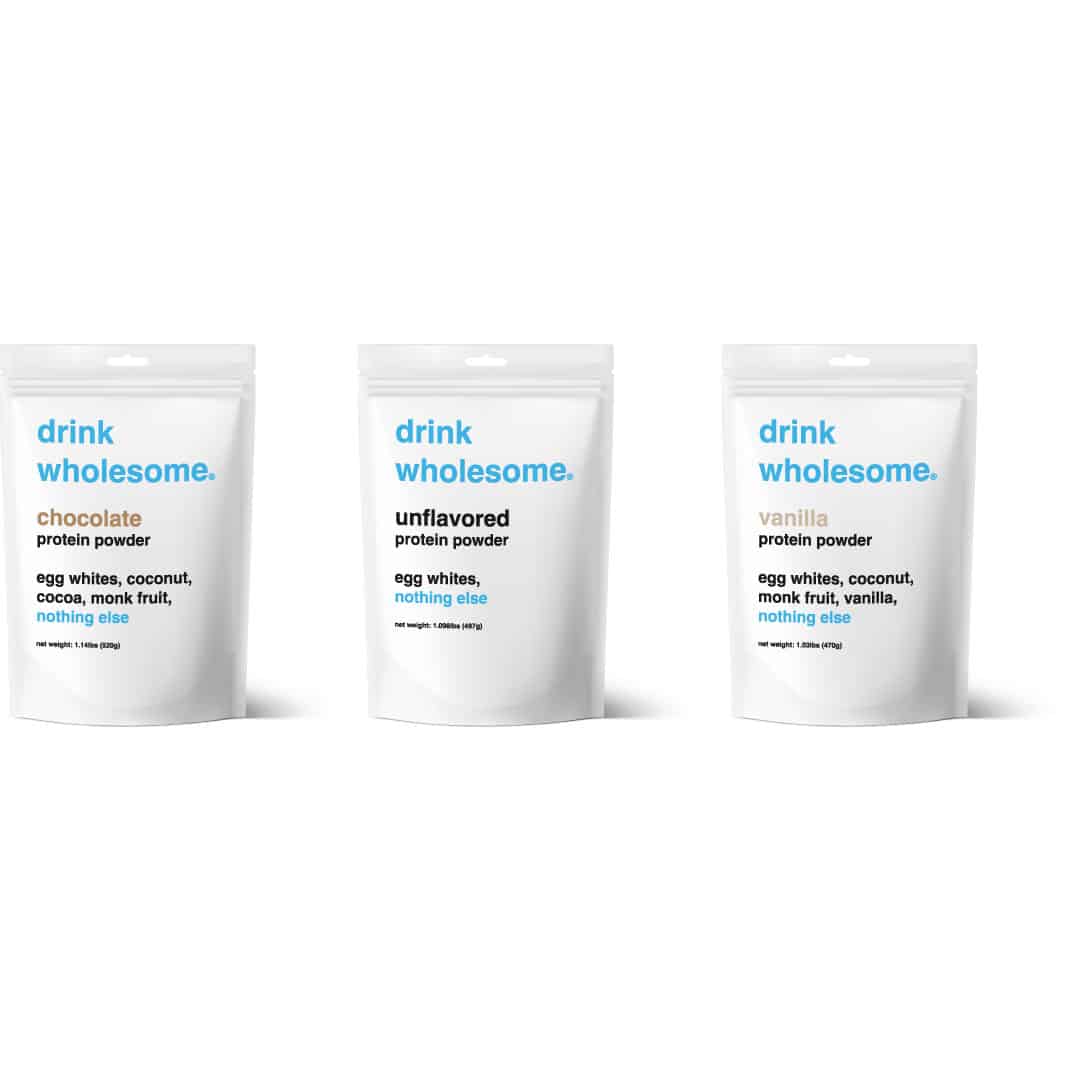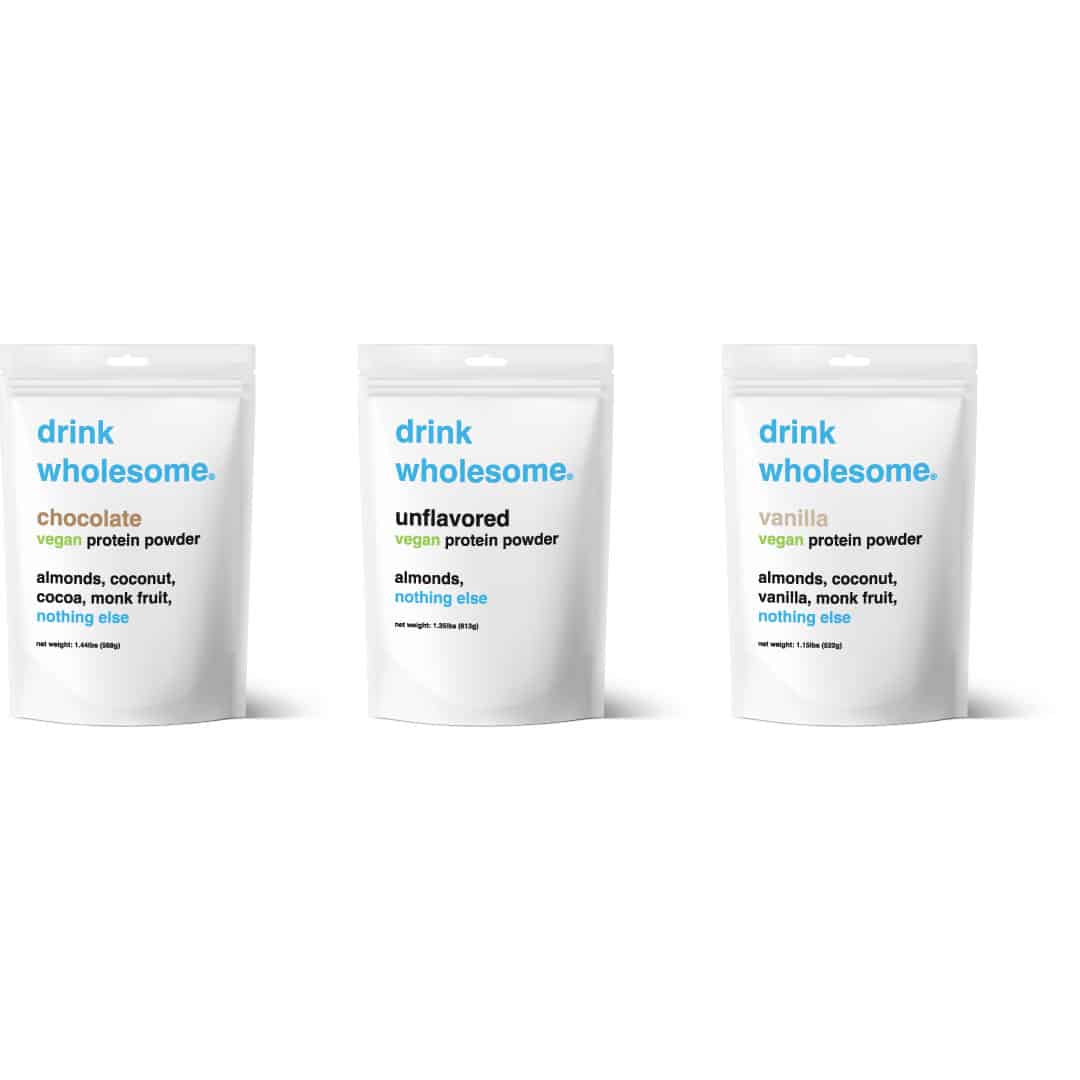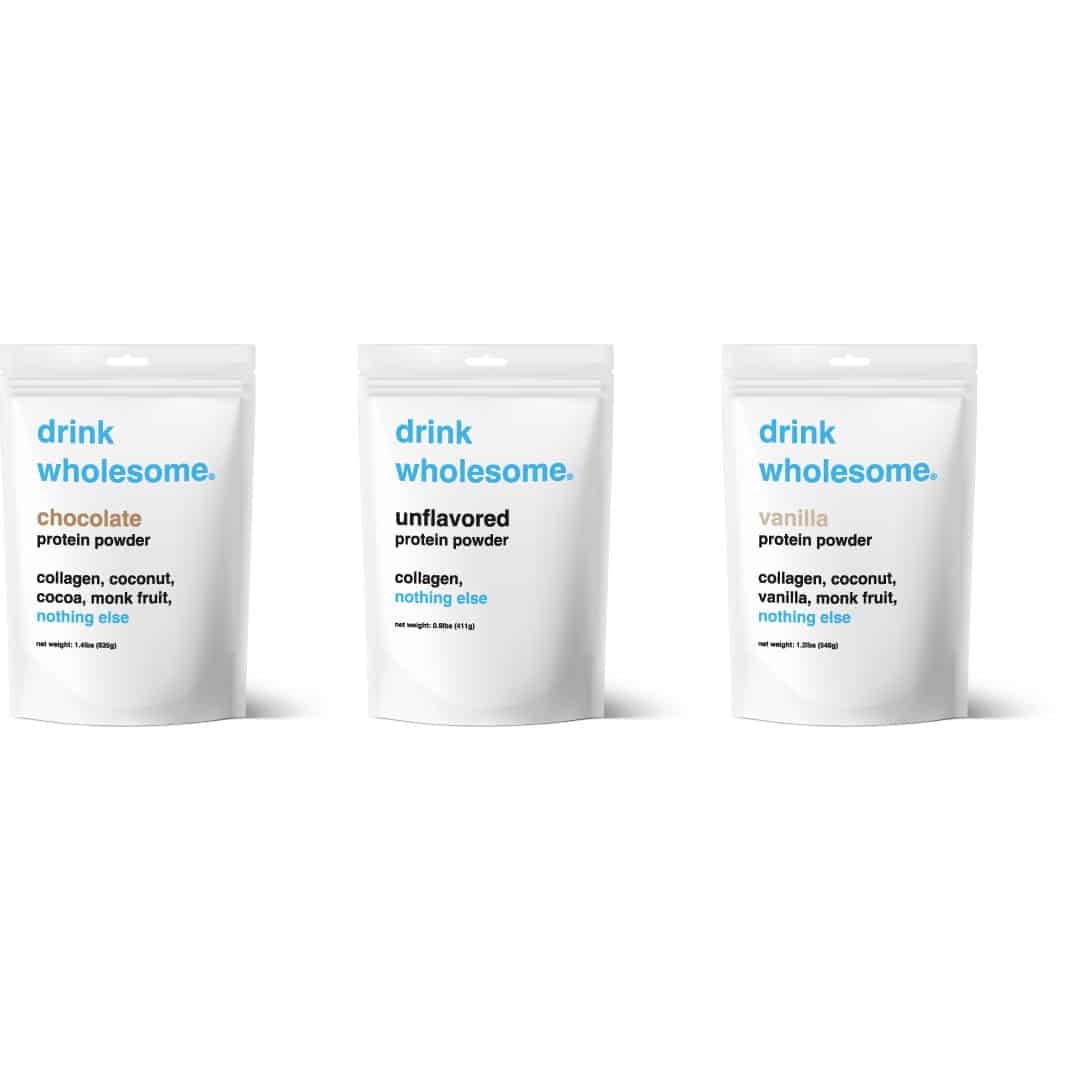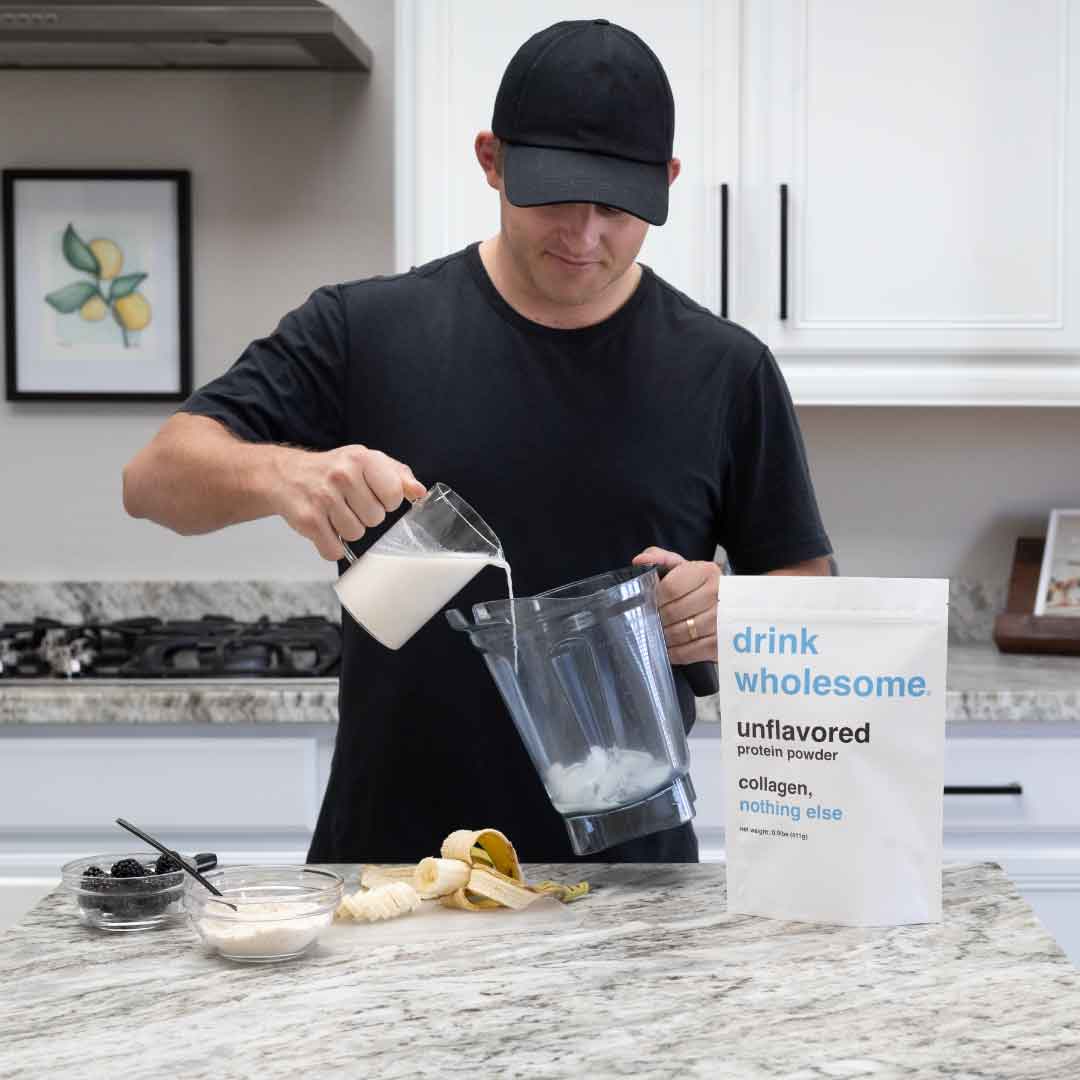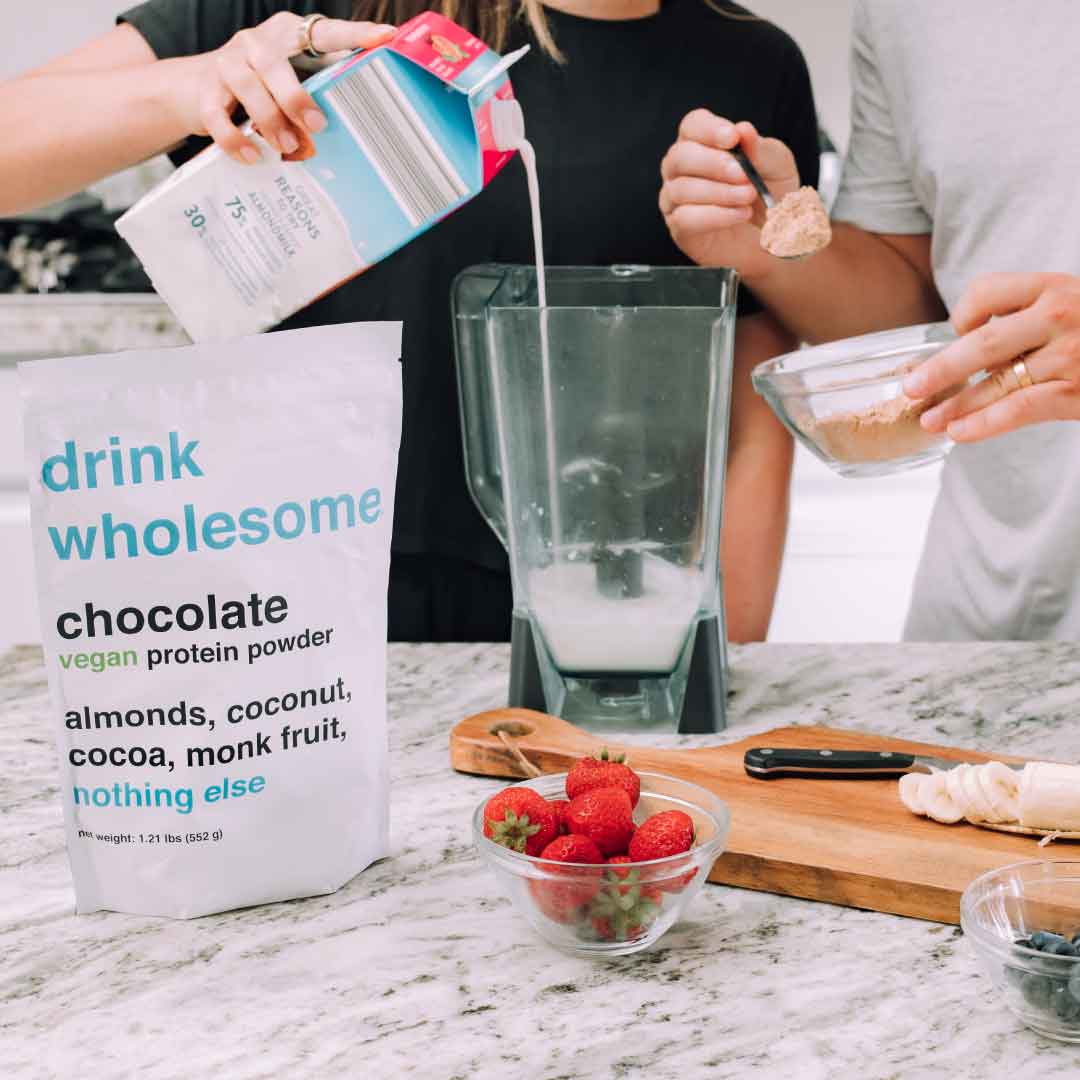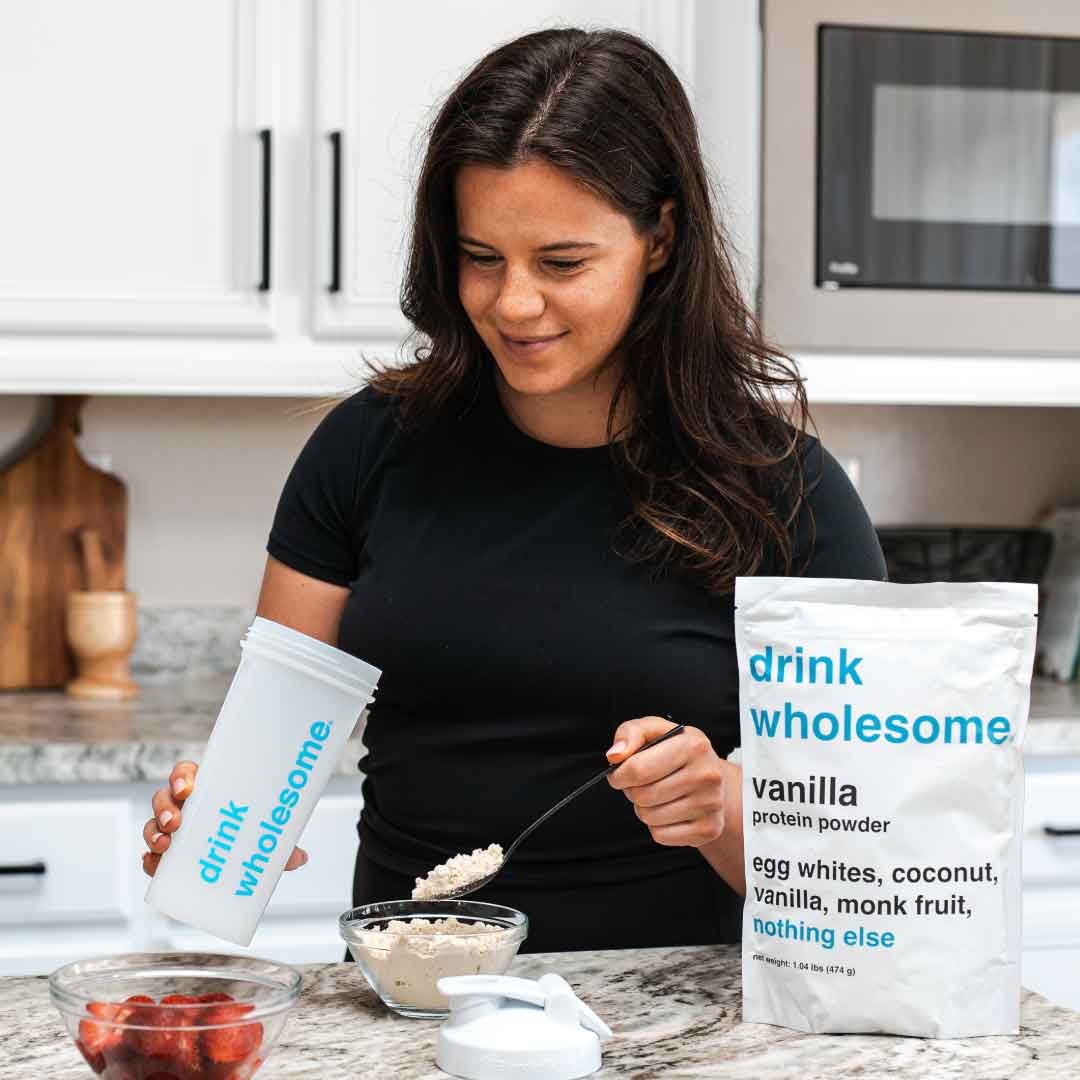What is the best protein powder for insulin resistance?
If you are looking for the best protein powder for insulin resistance, you have come to the right place. Learn how to choose a protein powder for insulin resistance that will help you easily and safely meet your protein needs. This article was written by Jack Schrupp.
How to choose a protein powder for insulin resistance
What is insulin resistance?
Insulin resistance is a condition that occurs when cells in your muscles, fat, and liver do not respond well to insulin, a hormone made in your pancreas that regulates your blood glucose (sugar) levels. Insulin resistance can cause elevated blood glucose levels (hyperglycemia), which can lead to conditions like prediabetes and type 2 diabetes.
If you have insulin resistance, eating the right balance of foods can help keep your insulin and blood sugar levels in check. Generally speaking, you should limit your intake of simple carbohydrates, and eat more fiber, protein, and healthy fats.
Carbs
Simple carbs like sugar have a high glycemic index, meaning they cause blood sugar spikes because they are easily digested and absorbed. Research has shown that a diet high in simple carbs increases the risk of type 2 diabetes.
Fiber
Because the body is unable to absorb and break down fiber, it does not cause a spike in blood sugar like simple carbs. This is why high fiber fruits, veggies, and grains are a great addition to your diet.
Fats and protein
Fats and protein help slow the absorption of glucose into the bloodstream. When paired with simple carbs, they can prevent or at least lessen blood sugar spikes.
When it comes to protein powder, my advice is thus to limit the added sugar to no more than a few grams per serving, and to prioritize protein powders with a balanced nutrition profile, meaning it contains fats, carbs, fiber, and protein. Continue reading to learn more.
What is the best protein powder for insulin resistance?
For someone with insulin resistance, protein powder can be a great nutritional tool. Protein, as you just learned, can help prevent blood sugar spikes. It is also the most satiating macronutrient, meaning it keeps you feeling full for longer than fats and carbs. This can help prevent cravings and overeating. That said, not all protein powders are created equal.
Although you should avoid protein powders with lots of added sugar, you should also be wary of protein powders made with artificial sweeteners. Artificial sweetener consumption is linked to higher insulin resistance. There is also a link between consuming artificial sweeteners and a higher risk of glucose intolerance, which is a precursor for pre-diabetes and diabetes. In other words, people with insulin resistance are probably better off with a few grams of added sugar than with artificial sweeteners.
It is worth noting that many protein powders can cause hyperinsulinemia (abnormally high levels of insulin), which is associated with an increased risk of type 2 diabetes. It is thought protein concentrates and isolates are the cause.
Protein concentrates and isolates, the main source of protein in most protein supplements, have been stripped of everything (fats, carbs, fiber, etc.) but the protein. While high protein ingredients like these are low on the glycemic index, they measure high on the insulin index. This is because eating protein and nothing else has an insulinotropic effect (it promotes insulin secretion).
It follows that if you have insulin resistance, you should choose a protein powder made with whole food protein sources, not protein concentrates and isolates. Whole foods contain fats, carbs, fiber, and other nutrients that keep your insulin levels in check.
It is worth noting that most protein powders are made with ingredients that can cause painful side effects and long term health problems. Among these ingredients are food additives, dairy-based proteins, and protein concentrates and isolates (again).
Food additives
Many protein powder contain a cocktail additives like emulsifiers, thickeners, sugar substitutes, and flavorings, which can not only upset your stomach (more about this later), but also alter the composition and function of your gut microbiome – the collection of microorganisms living in your gut. This can lead to gut dysbiosis, or an imbalance in your gut microbiota. Gut dysbiosis is a leading driver of inflammation and contributes to wide range of chronic diseases, including inflammatory bowel disease (IBD), obesity, type 1 diabetes, and colorectal cancer.
Dairy-based proteins
Dairy-based proteins like whey and casein, although not an issue for everyone, can cause side effects like bloating and diarrhea. This is in part because they contain lactose, a sugar most people cannot fully digest. It is also likely related to the amount of processing required to make them. Continue reading to learn more.
Protein concentrates and isolates
As you just learned, most protein powders, including all whey and pea protein powders, are made from protein concentrates and isolates. Basically, protein sources like whey and peas do not contain enough protein by weight to be used as a protein supplement, and must have their non-protein components removed. As you just learned, this strips away the enzymes, fiber, and other natural digestive aids that help you break them down.
This is all to say that although protein powder can be a helpful addition to your diet, it is important to choose wisely. Many protein powders can do more harm than good, especially if they are consumed regularly.
drink wholesome is the best protein powder for insulin resistance
drink wholesome is additive-free
One of the reasons why I make the best protein powder for insulin resistance is that I do not use any food additives whatsoever.
the alternative: Protein Matrix Comprised of (Whey Protein Concentrate, Whey Protein Isolate, Calcium Caseinate, Micellar Casein, Milk Protein Isolate, Egg Albumen, Glutamine Peptides), Polydextrose, Sunflower Creamer (Sunflower Oil, Corn Syrup Solids, Sodium Caseinate, Mono- and Diglycerides, Dipotassium Phosphate, Tricalcium Phosphate, Soy Lecithin, Tocopherols), Natural and Artificial Flavor, MCT Powder (Medium Chain Triglycerides, Nonfat Dry Milk, Disodium Phosphate, Silicon Dioxide), Lecithin, Cellulose Gum, Salt, Yellow 5, Sucralose, Acesulfame Potassium, Papain, Bromelain
Food additives are hard to digest and feed gut bacteria, which release gas as they eat. As you might imagine, too much intestinal gas can cause bloating, flatulence, and stomach pain. Partially digested food additives also cause your colon to absorb too much water, which can lead to diarrhea. Here is a list of the most common food additives in protein powder: acacia fiber, acacia gum, acesulfame potassium, artificial flavors, ascorbic acid, aspartame, calcium carbonate, carrageenan, cellulose gum, dextrin, dicalcium phosphate, dipotassium phosphate, erythritol, gellan gum, guar gum, gum arabic, inulin, locust bean gum, maltodextrin, mono- and diglycerides, ‘natural’ flavors, rice bran extract, rice dextrin, rice hulls, rosemary extract, silica, silicon dioxide, sodium alginate, sodium bicarbonate, soluble corn fiber, soy lecithin, sucralose, sunflower lecithin, tocopherols, tricalcium phosphate, xanthan gum, xylitol, zinc oxide Another reason why I make the best insulin resistance protein powder is that I do not use dairy-based proteins like whey and casein. Whey and casein, which are byproducts of cheese and yogurt production, resist digestion and tend to cause digestive issues. A final reason why I make the best protein powder for insulin resistance is that I do not use protein concentrates or isolates. Nearly all other protein powders are made from one or both of these protein sources, which look nothing like real food. Instead of using protein concentrates or isolates, I make the insulin resistance protein powder with whole foods like collagen, egg whites, and almonds. Protein sources like these are easy to digest and absorb. They also each bring a unique set of digestive benefits to the table. Collagen can reduce bloating and improve digestive symptoms. Almonds are rich in prebiotic fiber and improve the composition of your gut microbiome. Egg whites are alkaline, meaning they balance the pH levels in your gut, and promote the growth of good gut bacteria. Our customers experience fewer digestive issues with our protein powders than with any other type of protein supplement. Order samples to see for yourself. “I’m diabetic and was looking for something simple to help me boost my protein. I just add it to smoothies. No glucose spikes and fills me up.” – James This content is not intended to be a substitute for professional medical advice, diagnosis, or treatment. drink wholesome is not intended to diagnose, treat, cure or prevent any disease.drink wholesome is dairy-free
drink wholesome is made with real foods


